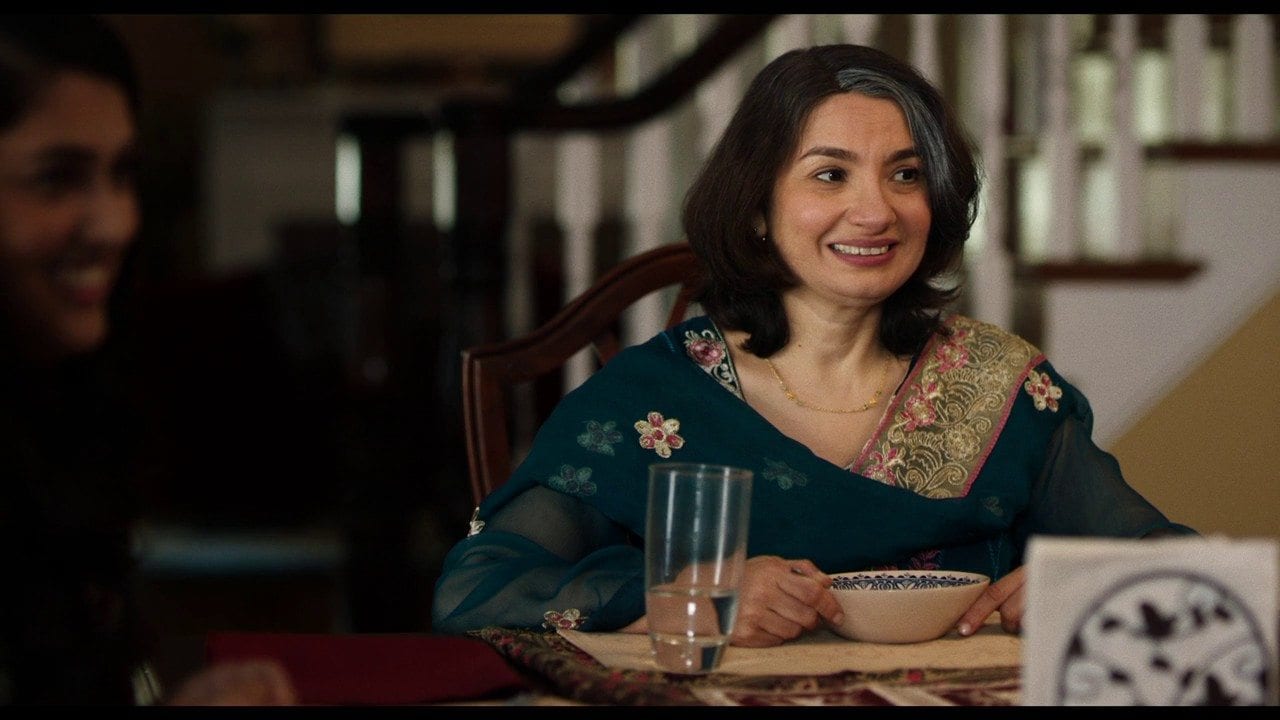
‘The Big Sick’: Girlfriend in a coma
Romcoms have been on life support for a while now. Just when the straight boyfriends of the world thought it was safe to invite their girls out to the movies, here comes Judd Apatow (Girls) with a defibrillator. The Big Sick provides a much-needed shot of adrenaline for the genre, but with some caveats.
We have a pump-and-dump approach to love nowadays. With the mass adoption of dating apps, at any given moment you may be two seats away from your next mate. Our ability to find the perfect match is algorithm-powered and supercharged; settling for anything less than perfect seems very 20th-century.
We don’t put our hopes for happiness in a meet-cute anymore, and even if we did find love at first sight, without the benefit of a team of data scientists behind us, how would we even know we were compatible? This, plus the fact Hollywood has been flogging the genre since its inception, have made romantic comedies somewhat redundant for modern audiences.

Watching people internet-dating doesn’t make for compelling viewing, and although some shows like Master of None do translate from smartphone to TV, swiping right doesn’t work if it’s not your finger. So it’s good news the real-life romance behind The Big Sick happened back in the 2000s, when people still met lovers in person.
The Big Sick’s story is loosely based on the real lives of husband-and-wife writing team Kumail Nanjiani (Silicon Valley) and Emily V. Gordon, depicting the sort of travails all young couples must overcome before they can graduate to a happy union together – but in this case, the stakes are pretty high.
Kumail (Nanjiani) navigates the typical marrying-outside-the-family-religion conflict, while Emily V. Gordon (Zoe Kazan) must wake up from a medically induced coma to recover from the titular big sick and forgive Kumail for being the type of guy that lies to both his family and his girlfriend.

They say truth is often stranger than fiction, and there are parts of The Big Sick’s narrative that are hard to swallow. Kumail and Gordon’s meet-cute feels contrived: she heckles him at a Chicago comedy club, they have a one-night stand, Emily calls an Uber. Whaddya know? Turns out Kumail is her getaway driver. Clichés aside, the writers do a great job of showing a relationship in its early stages, despite subjecting it to a hackneyed montage.
Juggling comedy and drama is a big risk, even guided by Judd Apatow, the self-appointed king of dramedy. The Big Sick feels flustered at times. Kumail’s stilted comedic lines to Emily’s family, early on in her coma, come across as overwritten.
But by the second act, Emily has become an afterthought as, in Apatowian canon of yore, the lead female character is now a symbol of the right of passage that the lead male character must endure. She’s an emblem of love now purely passive: a shame, as she is a strong voice in the first act. When she pulls through and eventually forgives Kumail, the viewer’s questions about her thoughts and feelings are left hanging like unanswered texts.

The Big Sick, despite its challenging subject matter, reeks of niceness. It’s a nice dramedy about a nice couple with nice families. We never for a second believe these characters would do the wrong thing – and the only real drama was Emily’s sudden sickness.
However peeved the Nanjianis were over their son’s life choices, we didn’t assume they’d disown him, and despite all his lies, we knew Kumail would eventually do the right thing by the woman he loved.
Therein lies the crux of The Big Sick’s shortcomings: by being true to their real life counterparts, the writers created a world insufficiently elevated from mundanity, its drama almost totally muted by the characters’ disagreeable agreeableness. The Big Sick might be one of the best romantic comedies we have seen in years, but its competition is almost nonexistent. Here’s hoping the descendents of this new approach inspire romcom to wake from its coma.







